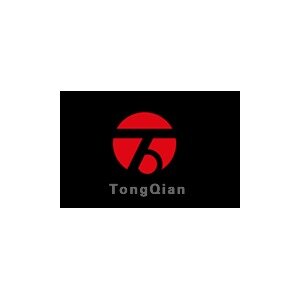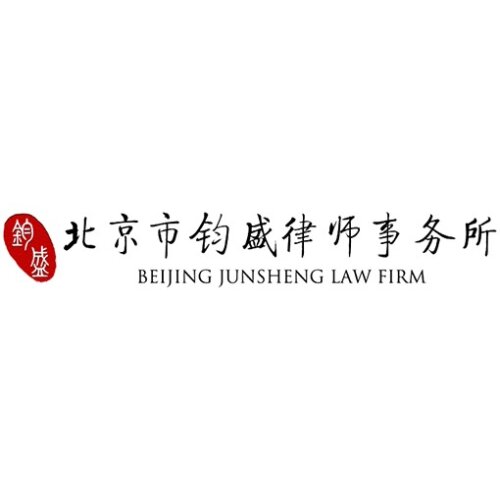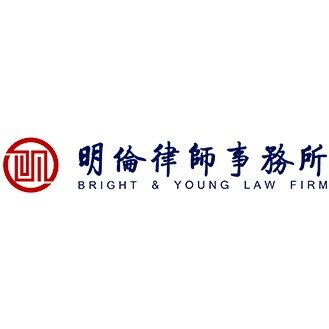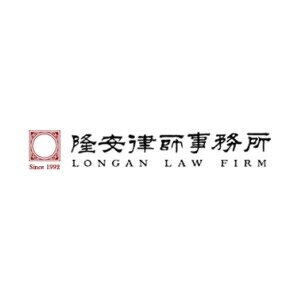Best Employment Rights Lawyers in China
Share your needs with us, get contacted by law firms.
Free. Takes 2 min.
Or refine your search by selecting a city:
List of the best lawyers in China
About Employment Rights Law in China
Employment Rights in China are primarily governed by the Labor Law of the People's Republic of China and the Labor Contract Law. These laws ensure the protection of workers' rights, handle labor disputes, and promote fair labor practices. The legislation covers a variety of aspects including employment contracts, wages, working hours, labor disputes, social insurance, and safety standards. These laws are designed to balance the interests of employers and employees while fostering a stable and harmonious labor environment.
Why You May Need a Lawyer
Engaging a lawyer specializing in Employment Rights can be beneficial in numerous situations such as negotiating employment contracts, handling disputes regarding wages or unjust termination, understanding entitlements like overtime pay or social insurance, and navigating complex employment policies. A lawyer can also provide valuable assistance if you are dealing with workplace discrimination, harassment, or any unlawful employment practices.
Local Laws Overview
Key aspects of local employment laws in China include:
- Employment Contracts: Employment relationships must be documented through formal contracts outlining job responsibilities, wages, and other conditions.
- Working Hours and Overtime: Standard working hours are generally 8 hours per day and 40 hours per week. Overtime must be compensated as per the law.
- Minimum Wage and Benefits: Local governments set minimum wage standards which employers must adhere to. Employees are also entitled to social insurance benefits.
- Dismissal Protections: Employers must have a lawful basis for terminating contracts, often requiring severance or advance notice.
- Workplace Safety: Employers are required to adhere to safety standards and provide necessary training to prevent workplace injuries.
Frequently Asked Questions
What is the standard probation period for new employees in China?
The probation period is typically between 1 to 6 months, depending on the length of the employment contract. Contracts of less than 3 months do not usually include probation periods.
Are verbal employment agreements valid in China?
No, employment relationships must be formalized through written contracts according to Chinese labor laws.
How are disputes between employers and employees usually resolved?
Employment disputes can often be resolved through mediation, arbitration, or litigation, depending on the nature and complexity of the issue.
What is the legal minimum wage in China?
The minimum wage varies by region, set by local governments, and is subject to change regularly. It's important to check the local standards applicable to your specific area.
Can I be terminated without cause during the probation period?
Employers can terminate employees during the probation period if it is proven that they do not meet the employment criteria, although proper justification is required.
Is overtime pay mandatory?
Yes, Chinese law mandates overtime pay. Overtime is typically paid at 150% to 300% of the standard hourly rate, depending on when the work is done.
Do I have the right to vacation leave?
Yes, employees are entitled to paid annual leave, which increases with the length of service, starting from 5 days for employees with less than 10 years of cumulative work experience.
Are foreign employees subject to the same employment laws?
Yes, foreign employees in China are generally subject to the same labor laws as Chinese nationals, although additional considerations such as work permits apply.
How does the law protect against workplace discrimination?
Chinese law prohibits discrimination based on ethnicity, race, sex, or religion. Employees who face discrimination can seek legal redress.
What can I do if my employer does not pay social insurance?
If your employer fails to pay social insurance, it is advisable to report the issue to the local labor bureau or seek legal counsel.
Additional Resources
Consider reaching out to the following resources if you need further advice:
- Local Labor Bureau: For reporting issues and seeking mediation.
- Law Firms Specializing in Employment Law: For legal representation and advice.
- China Ministry of Human Resources and Social Security: For regulatory information.
Next Steps
If you need legal assistance regarding employment rights, consider the following steps:
- Document all relevant information about your employment and issue.
- Consult with a lawyer specializing in employment law to discuss your situation.
- Reach out to your local labor bureau for guidance and to file formal complaints.
- Attend mediation sessions if available to attempt resolution before pursuing legal action.
Lawzana helps you find the best lawyers and law firms in China through a curated and pre-screened list of qualified legal professionals. Our platform offers rankings and detailed profiles of attorneys and law firms, allowing you to compare based on practice areas, including Employment Rights, experience, and client feedback.
Each profile includes a description of the firm's areas of practice, client reviews, team members and partners, year of establishment, spoken languages, office locations, contact information, social media presence, and any published articles or resources. Most firms on our platform speak English and are experienced in both local and international legal matters.
Get a quote from top-rated law firms in China — quickly, securely, and without unnecessary hassle.
Disclaimer:
The information provided on this page is for general informational purposes only and does not constitute legal advice. While we strive to ensure the accuracy and relevance of the content, legal information may change over time, and interpretations of the law can vary. You should always consult with a qualified legal professional for advice specific to your situation.
We disclaim all liability for actions taken or not taken based on the content of this page. If you believe any information is incorrect or outdated, please contact us, and we will review and update it where appropriate.
Browse employment rights law firms by city in China
Refine your search by selecting a city.















